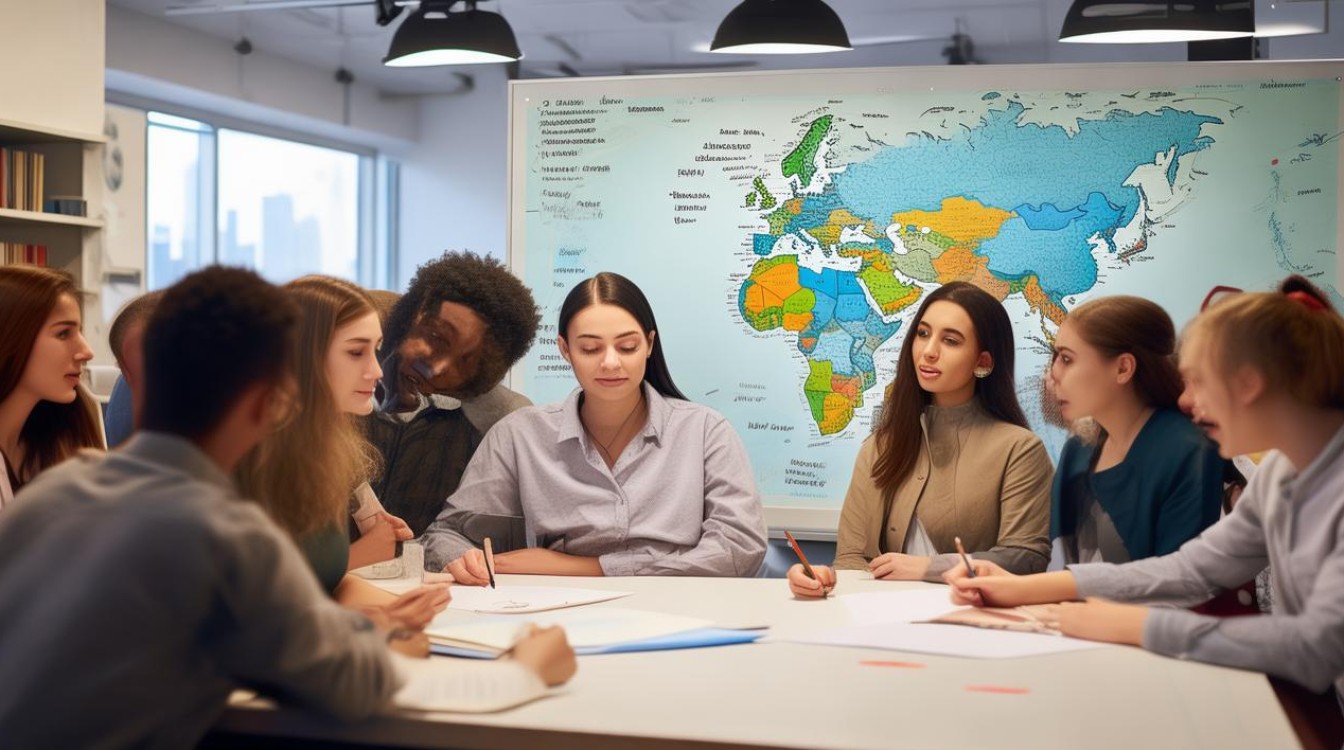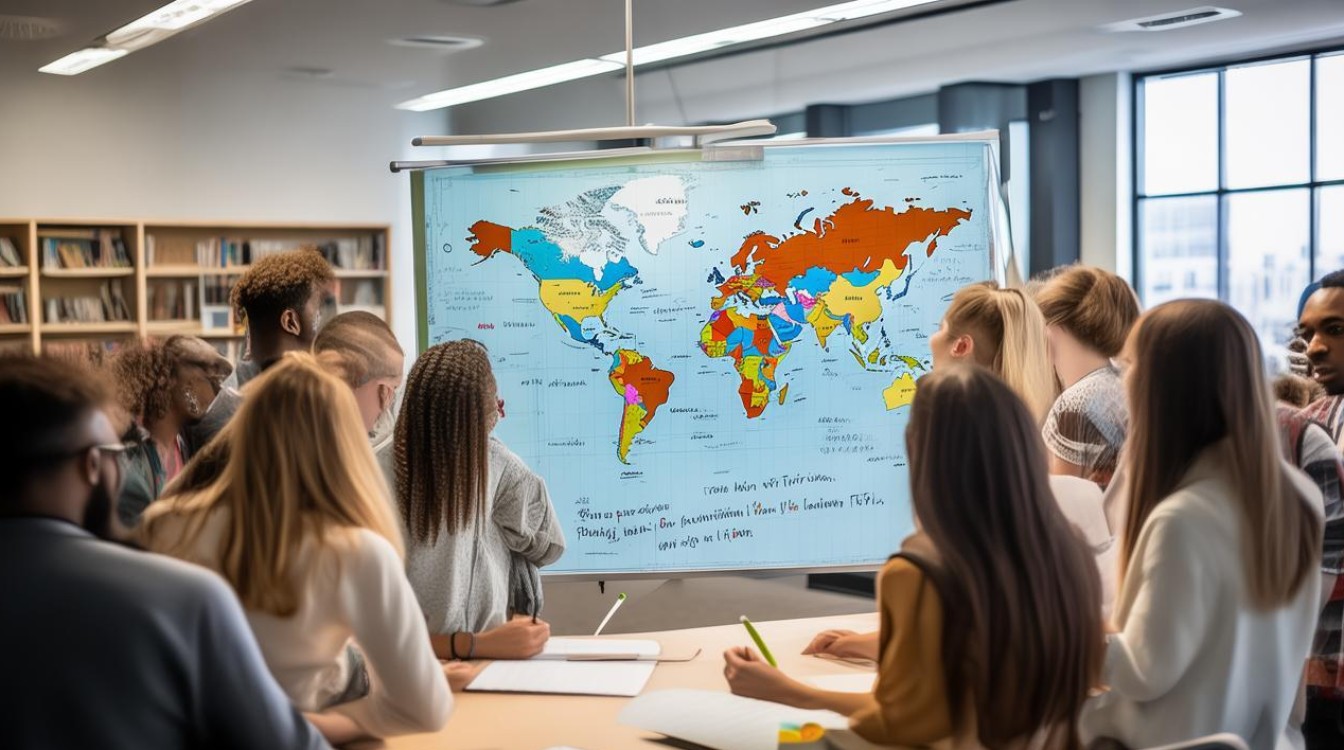Preparing for the postgraduate entrance exam is a demanding journey that requires intense focus and discipline. Many students dedicate months, even years, to rigorous study schedules, often neglecting their mental and physical well-being. However, an unconventional yet highly effective strategy to enhance exam performance is travel. Integrating travel into study plans can improve cognitive function, reduce stress, and foster creativity—essential elements for academic success.

The Cognitive Advantages of Travel
Scientific research supports the idea that travel positively impacts brain function. Exposure to new environments stimulates neural pathways, enhancing memory retention and problem-solving abilities. A study published in The Journal of Environmental Psychology found that individuals who traveled frequently demonstrated improved adaptability and critical thinking skills—traits crucial for tackling complex exam questions.
For postgraduate candidates, visiting historical sites, museums, or even natural landscapes can reinforce learning. For instance, a student studying Chinese history might visit Xi’an to see the Terracotta Warriors, solidifying textbook knowledge through firsthand experience. Similarly, science students exploring observatories or research centers gain practical insights that deepen theoretical understanding.
Stress Reduction and Mental Clarity
The pressure of postgraduate exams often leads to burnout, diminishing productivity over time. Travel serves as a mental reset, allowing students to step away from textbooks and recharge. According to the American Psychological Association, breaks involving new experiences lower cortisol levels, the hormone associated with stress.
Destinations with natural beauty, such as mountains or coastal areas, are particularly effective. The calming effect of nature, known as "biophilia," helps restore focus. A weekend hike or a quiet retreat by a lake can clear mental clutter, enabling students to return to their studies with renewed energy.
Enhancing Creativity and Perspective
Rote memorization alone rarely guarantees success in postgraduate exams. Examiners increasingly value original thought and analytical depth. Travel exposes students to diverse cultures, ideas, and problem-solving approaches, fostering creativity.
For example, a literature student analyzing foreign novels may find deeper interpretations after engaging with local storytellers. An engineering student visiting innovative architectural sites might draw inspiration for research projects. These experiences cultivate a broader perspective, which can translate into more compelling exam responses.

Practical Ways to Incorporate Travel into Study Plans
Balancing travel and study requires strategic planning. Here are practical methods to integrate travel without disrupting preparation:
- Educational Trips – Choose destinations related to academic subjects. A law student might visit courthouses; a biology student could explore national parks.
- Study Retreats – Opt for quiet locations conducive to focused study, such as rural guesthouses or monastic retreats.
- Cultural Immersion – Short city breaks to cultural hubs like Beijing, Shanghai, or international cities provide intellectual stimulation without long absences from study.
- Group Travel with Peers – Organizing study groups in new environments encourages collaborative learning and motivation.
Addressing Common Concerns
Some students worry that travel is a distraction. However, structured trips with clear academic objectives enhance rather than hinder progress. Budget constraints can be mitigated by choosing affordable destinations or combining travel with academic conferences.
Time management is key. A well-planned two-day trip can offer more benefits than weeks of unfocused studying. The goal is not to abandon preparation but to enrich it through experiential learning.
Personal Reflection
Having mentored numerous postgraduate candidates, I’ve observed that those who incorporate travel into their routines often exhibit greater resilience and originality. The ability to step outside rigid study patterns and gain fresh insights is invaluable. While discipline remains essential, the mental flexibility gained from travel can be the differentiator between adequate and outstanding performance.
The postgraduate exam is not just a test of knowledge but of adaptability and creativity. Travel, when approached thoughtfully, equips students with these very qualities. Rather than viewing it as a diversion, consider it a strategic tool—one that sharpens the mind while nurturing the spirit.



